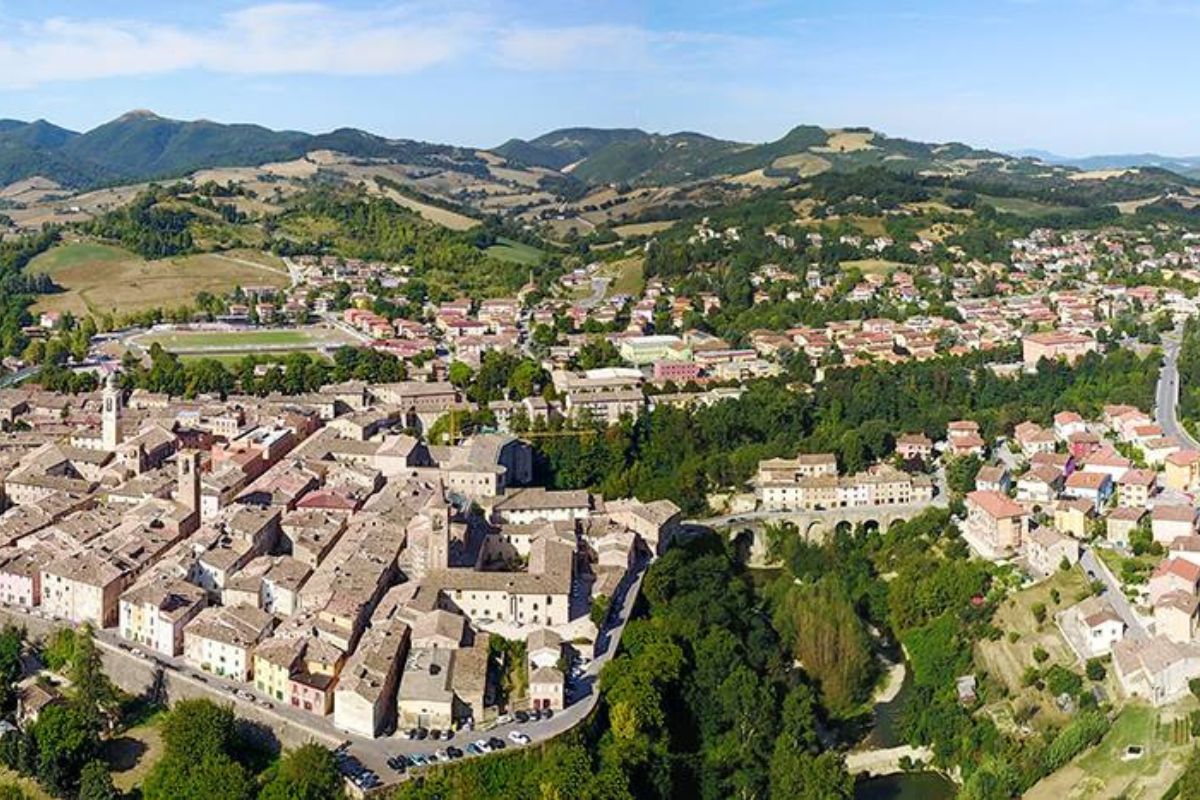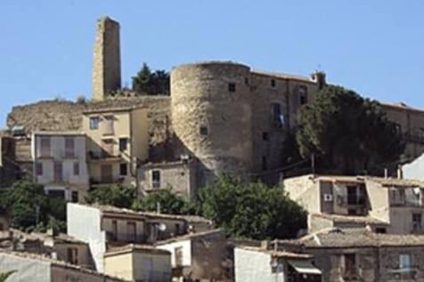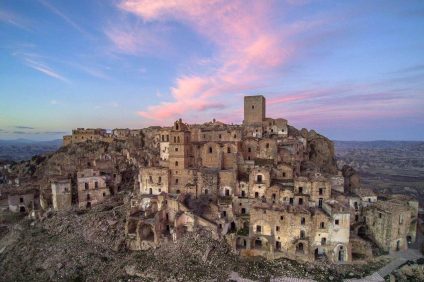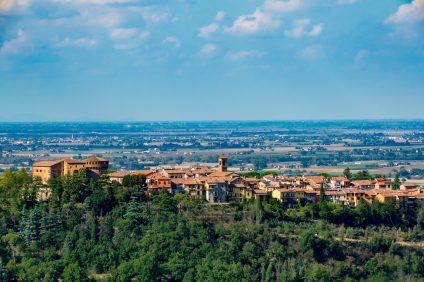Urbania is a small village in the province of Pesaro Urbino, in the Marche. All around there are beautiful hills and it is crossed by the Metauro river, which protects the town on three sides. Considered a strategic place since ancient times, given its natural conformation. Known for its majolica production, which began during the Middle Ages, the village was known as Castel delle Ripe and later Casteldurante after its destruction and reconstruction in the 1636th century. Finally named Urbania in XNUMX in honor of Urban Pope VIII.
Get inspired
The historic center of Urbania is fascinating, characterized by high walls and the Metauro river that crosses it. The area boasts typical narrow alleys, numerous churches and shops specializing in the production of majolica, porcelain and ceramics. The heart of the oldest area of the town is undoubtedly the Ducal Palace. Made entirely of terracotta at the behest of the Duke of Urbino Federico II da Montefeltro. A structure that replaced a previous fortification of the Brancaleoni. Built in 1470, it has a front overlooking the Metauro river. The two towers are characteristic, with a spiral staircase in the Martini style inside.
Today inside there are the Municipal Library, the Art Gallery, the Civic Museum, the Municipal Archive and the Museum of the History of Agriculture and Crafts. 40 thousand volumes are worth admiring, such as Dante Alighieri's Comedy published in 1491. Among the most interesting works there are two globes from the mid-500th century, one terrestrial and one celestial.
Near the Doge's Palace there is the Cathedral of San Cristoforo Martire, patron saint of the city. The facade is in brick and the neoclassical interior in the Vanvitellian style. The visit continues along via Donato Bramante, a street of shops and lodges. After the Town Hall, we find the Church of St. Catherine which boasts wonderful interiors. It was built in the 500s by the Confraternity of Artists. A few steps away is the Church of the Dead, built in 1380 and with a façade embellished with a beautiful Gothic portal, which introduces what is known as the cemetery of the mummies. Inside, 18 dead bodies between the Middle Ages and the Renaissance, preserved thanks to molds in the ground. The visit can end on Redemption Bridge, in honor of the Madonna del Riscatto. Here the young architect Bramante had a small temple built in 1482, which was destroyed during the Second World War.
Curiosity
There are many curiosities regarding the village of Urbania, well known for the production of majolica. An ancient tradition that dates back to the Middle Ages. The famous ceramics are even mentioned in The Pleasure of Gabriele D'Annunzio. The town was awarded the bronze medal for military valor for the sacrifices of the population in the partisan struggle.
How to get to Urbania
Coming from the north or south, the road to take to reach Urbania is the A14, Bologna-Canosa motorway. There are two possible outputs:
- Pesaro - Continue towards Urbino, turning towards Fermignano and finally Urbino
- Fano - Continue towards Rome, turning towards Urbino. At the first roundabout, exit towards Fermignano and follow the signs for Urbino
The closest railway stations are Pesaro and Fano, from the north and south. For those arriving from the south-west, however, it is Fossato di Vico. By plane, on the other hand, Ancona and Bologna airports are preferred.
What to eat in Urbania
There are various typical dishes of Urbania, particularly linked to the territory. Here's what to try without a doubt:
- Lobster with sweet peppers
- Pork rolls in the Marche style
- Chickpea and pork soup
- Spelled soup
- Truffle sauce
- Spaghetti sea and mountains
- Stockfish
- Lamb tajine
- Cicerchia soup
Photo source in evidence: https://www.facebook.com/comune.urbania





